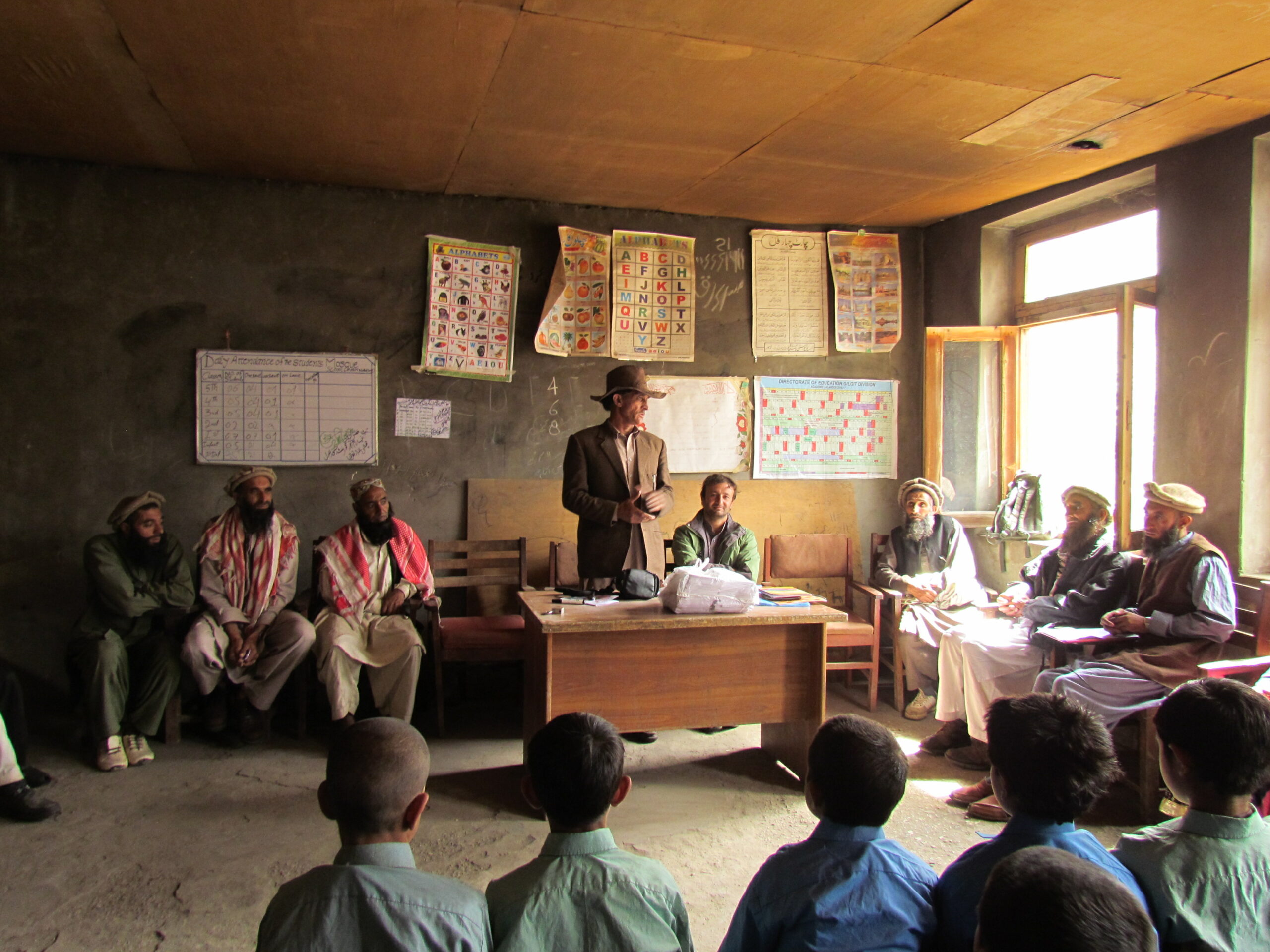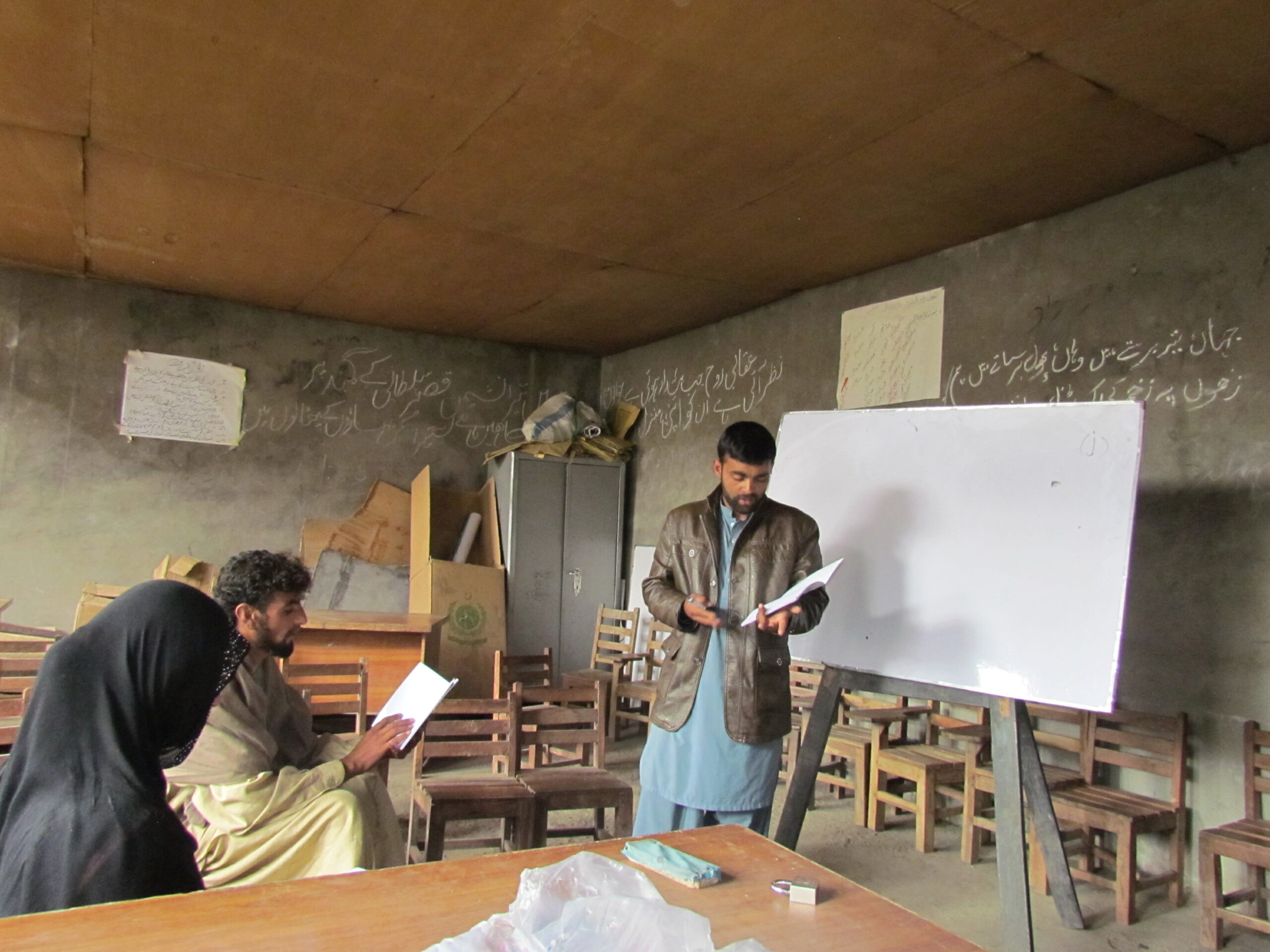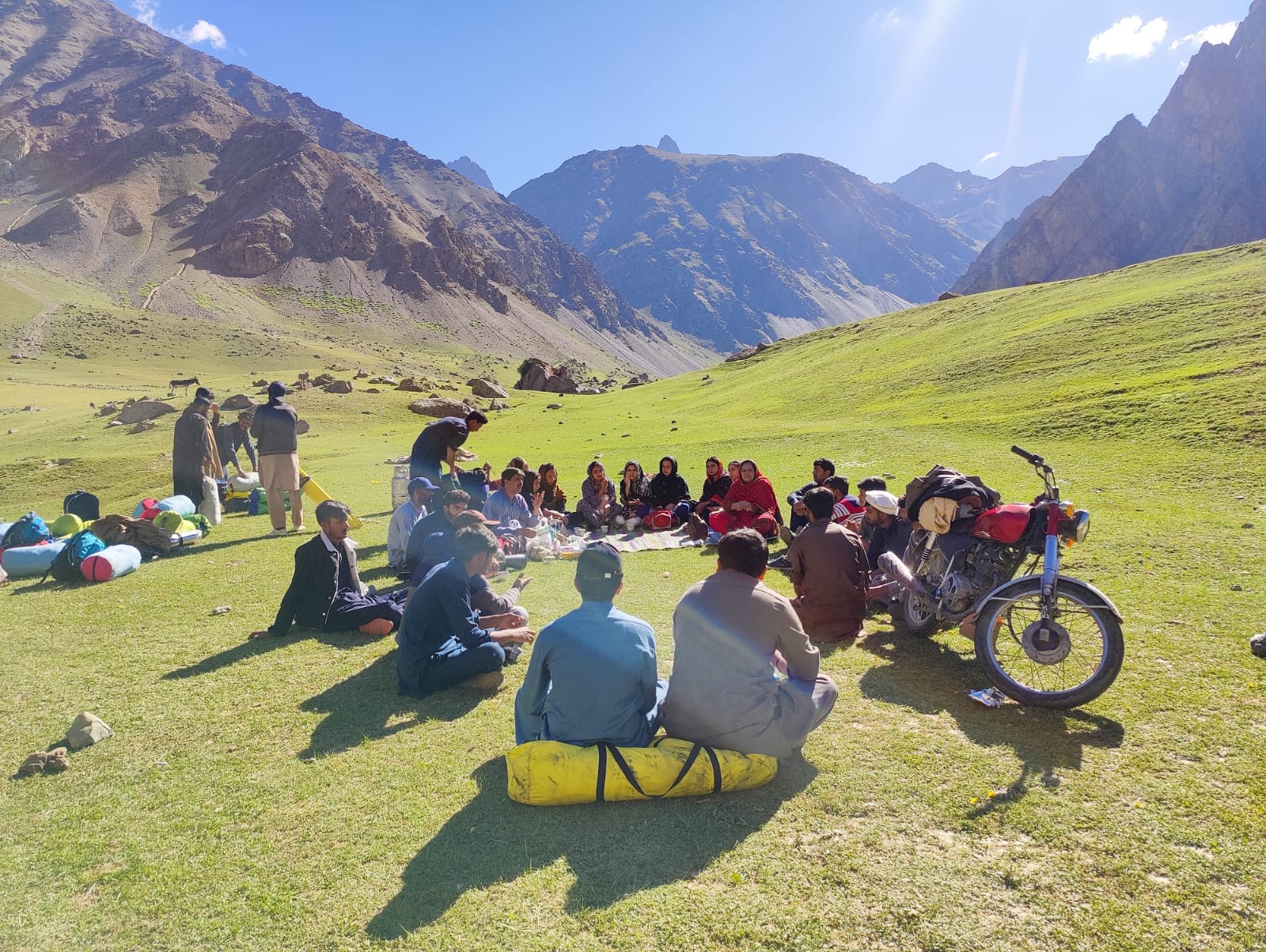Evaluating Impact
Tracking Success and Ensuring Impact: How Shining Light Monitors and Assesses Our Village Programs
At Shining Light, our commitment to improving education in remote Gujjar villages goes beyond implementing programs. We believe in the power of thorough monitoring and evaluation to ensure our initiatives are effective and impactful. Here’s a detailed look at how we track, monitor, and assess the health and success of our village programs.
Community Assessments: Laying the Groundwork
The foundation of our approach is the comprehensive community assessments conducted by Shining Light (SLI) field staff and village leaders. These assessments are crucial in identifying the specific educational needs of each village. By working closely with village councils in five remote Gujjar villages, we collaboratively develop a detailed work plan and budget for each village school for the coming year.
Primary Areas of Support: Meeting Critical Needs
To support these village schools, we focus on several key areas:
- Salaries for Gujjar Teachers: Ensuring that teachers, especially female teachers, receive fair salaries is essential. Female teachers play a vital role in making schools more girl-friendly, encouraging higher enrollment and participation among girls.
- Teacher Training: Continuous professional development is crucial for maintaining high teaching standards. We provide teacher training sessions both in Gilgit and through correspondence, equipping teachers with the skills and knowledge they need to deliver quality education.
- School Materials and Infrastructure: Quality education requires proper resources. We supply textbooks, desks, chairs, whiteboards, and school heaters to create a conducive learning environment.
- Student Supplies and Uniforms: To ensure that all students can attend school comfortably and confidently, we provide school supplies and uniforms for both summer and winter.
- Mobile Tent Schools: In two valleys, we support mobile tent schools to cater to the educational needs of families in high pastures. These schools are equipped with tents, teacher salaries, and necessary supplies.
- School Renovations: When needed, we undertake school renovations to maintain and improve the learning environment.

Implementation and Monitoring: Ensuring Effective Execution
With the work plans in place, SLI provides the necessary funds and works closely with village councils to implement the plans. Our commitment to transparency and accountability is reflected in our rigorous monitoring system:
1. Monthly Site Visits: SLI field staff conduct monthly visits to each village school, meeting with village councils and teachers to monitor progress. These visits are essential for reporting targets and achievements, addressing concerns, and ensuring that work plans are being met.
2. Regular Reporting: Throughout the year, we maintain open communication with village councils, regularly updating them on the program’s progress. This ongoing dialogue helps in addressing any issues promptly and effectively.
3. Year-End Reports: At the end of the school year, each village council submits a final year-end report. This report provides a comprehensive overview of the school’s performance, achievements, and areas for improvement. It also serves as a valuable tool for planning the next year’s initiatives.

Making a Lasting Impact
Our holistic approach ensures that our programs not only meet their immediate goals but also contribute to long-term sustainable development in these communities. By working closely with the community and maintaining a robust monitoring and evaluation system, we ensure that our efforts are making a meaningful and lasting impact.
At Shining Light, we are committed to building a brighter future through education. By continually assessing and refining our programs, we strive to provide the best possible support to the students, teachers, and communities we serve.
Join us in empowering more rural communities like these in Pakistan, click here.

